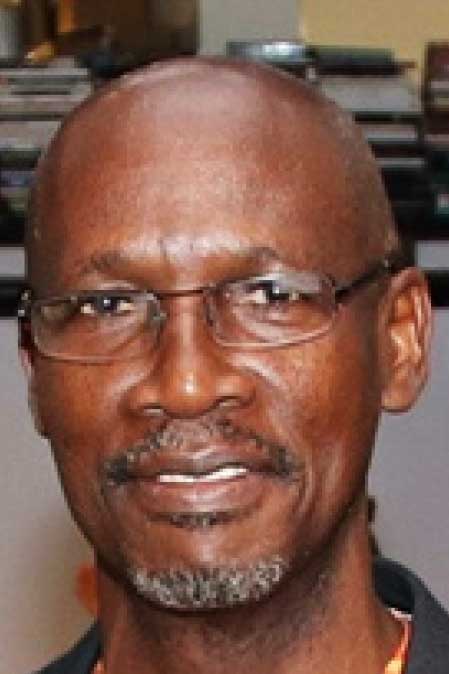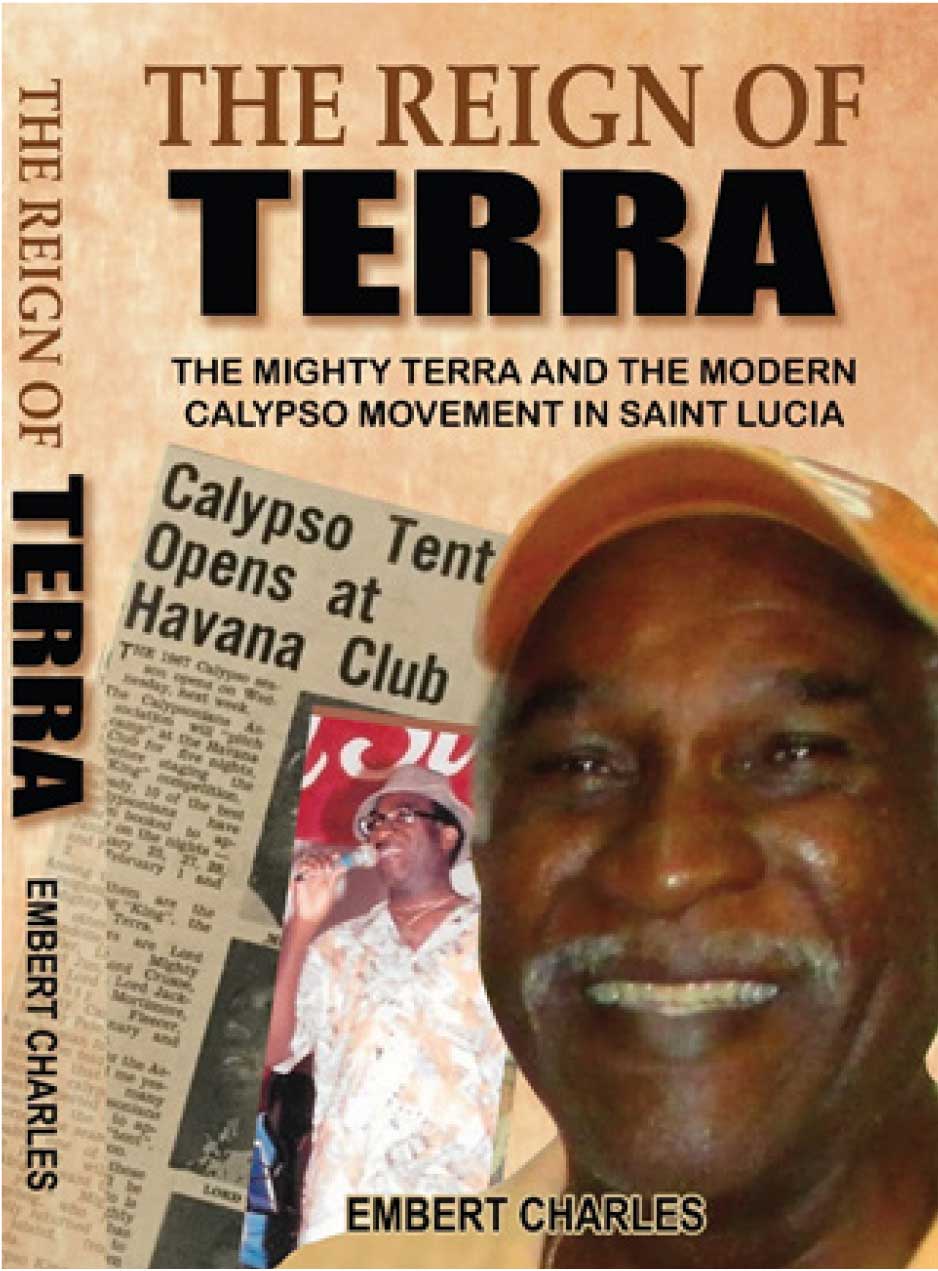With a new government in office we have heard renewed calls for the teaching of Saint Lucian culture, history, literature and kwéyòl language in schools. Ministers have already added their support. Teaching courses in the subjects will need content materials. We are not short of these since Saint Lucian writers and scholars have been consistently publishing books that document our cultural history from many angles.

My Saint Lucian Writers and Writing: an Author Index (Papillote Press, 2019) and an earlier Bibliography of St. Lucian Creative writing (2013) provide a guide to publications in several subject areas. A few recent outstanding books are worth a mention here: The Road to Mount Pleasant: selected essays on Saint Lucian Culture (FRC, 2017, edited by Embert Charles and J R Lee); St. Mary’s College: The Caribbean’s Nobel Laureate School, a monumental history of SMC that covers the history of education, by Calixte George Sr, 2019; Dance Footprints, 40 years of dance in Saint Lucia, by Angela Christine Samuel, 2021; My father is no longer there, a memoir by Anderson Reynolds (2019) gives insight into the social, educational and agricultural life of southern Saint Lucia; and Leonard Laurencin’s The worst landslide disaster in the history of Saint Lucia (2018), which places the 1938 catastrophe at Ravine Poisson into the larger historical and social context of the time. Readers can add to this short list of personal favourites.
The Msgr Patrick Anthony Folk Research Centre has been involved from 1973 with research into the traditional culture of Saint Lucia which included development of the orthography for writing of Kwéyòl. In print and audio-visual productions and publications, through traditional media, conferences, educational programmes, this important Saint Lucian Institution has kept memory and practices of the past alive for new generations. They have brought to the fore important St. Lucian folk artistes. In the creation and initiation from 1984 of the annual JounenKwéyòl celebrations they have given to Saint Lucians at home and abroad a tangible and popular way to celebrate our culture. An educational component was always part of organisation of this major festival.
FRC has not only been concerned with an tan lontan, the life of yesterday. They were among the first to recognize the significance of Rastafari through conferences, meetings and support of newspaper publications like Calling Rastafari that began the first local documentations of the movement. FRC has also been a supporter and promoter of Saint Lucian calypso through annual publication of the journal Lucian Kaiso from 1990. This magazine presented results of research into the development and history of our calypso and calypsonians as well as showcasing the current crop of composers, singers and their tents.
Now Embert Charles, former Executive Director of FRC, presently its Chair, founding editor of the popular Lucian Kaiso, has written a biography of McGriffin ‘Blakes’ Theodore, the Mighty Terra, an eight-time calypso monarch from 1957-1966. The book, published appropriately by FRC, is titled “The reign of Terra: the Mighty Terra and the modern calypso movement in Saint Lucia.” (2021). In his study of the first modern kaiso monarch of Saint Lucia, Charles provides a socio-cultural history of Saint Lucia as it emerged out of the post-war colonial years into an urban-centred, sophisticated, educated, contemporary, independent Caribbean society.

A slim work at 116 pages, it is encyclopedic in its coverage of the years of Terra from childhood in Vieux Fort, as a student, then teacher at St. Mary’s College; the early period of his involvement in calypso performance and competition. For kaiso history buffs, it provides copies of Terra’s lyrics, a comprehensive list of calypso kings and monarchs from 1957-2019, names of back-up bands, band leaders, tents, venues; several pages of names of calypsonians from 1956-2019; tents with which they performed; and for good measure, he lists names of popular tent and competition emcees.
The book carries a foreword by Guy Ellis, former editor of the Voice and Mirror newspapers, co-writer of A history of St. Lucia (2012) and one of the first journalists, with Rupert Branford and photographer Cuthbert Philips, to give serious media attention to calypsonians. Charles makes a link between traditional music and dance forms of the bèlè, kalinda and kont, their performing spaces and growth of the calypso. He marks the strong influence of Trinidadian calypso and calypsonians on the birth and progress of the Saint Lucian variety. Lord Jackson, who launched the first tent in 1963/4, had spent time in Trinidad and taken part in tents there.
Other fascinating connections are made in which Terra played a part. He was a musician and started the popular Southern Brothers Orchestra, a dance band based in Vieux Fort. This was the era of Caribbean and Saint Lucian “big bands” and “combos” and the well-frequented dance-gatherings of the time. Rare photos of bands and their members from Castries and Vieux Fort are included. For older readers, get ready for nostalgia as Charles writes of popular venues like Piccadilly, Palm Beach, Havana, Camelot, many of which were the first venues for tents and competitions as well as weekend and holiday dances. Financial supporters like Reginald Clarke and Sammy Gage are not forgotten.
Alongside photos of Terra’s exercise-book manuscripts, Charles discusses the singer-composer’s themes which included the West Indies Federation (1958-1962), local politics, scandals. The passing of Terra from the scene with a controversial calypso finals decision in 1966 is detailed. His move overseas to marriage and university studies marked the end of an era in local calypso, even as new stars like Pelay came on-stage.
Embert Charles and FRC have made yet another substantial contribution to locally produced literature that documents our cultural, social and creative arts development. It is an additional text that can fit the needed curriculum if we ever take seriously the necessity to teach in schools, to promote on media, our culture, history, literature, creative arts. Without attention to these available records of our lives and achievements, we remain an impoverished society, ignorant of ourselves, content to feed on other people’s achievements, to remain always in a state of colonial dependence on others, even fellow Caribbean nations.
John Robert Lee is a Saint Lucian writer. His latest publication is Pierrot (Peepal Tree Press, 2020












